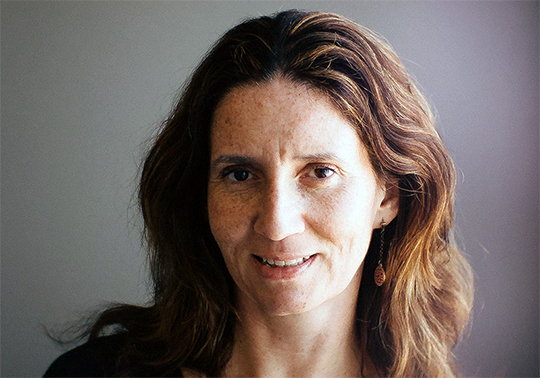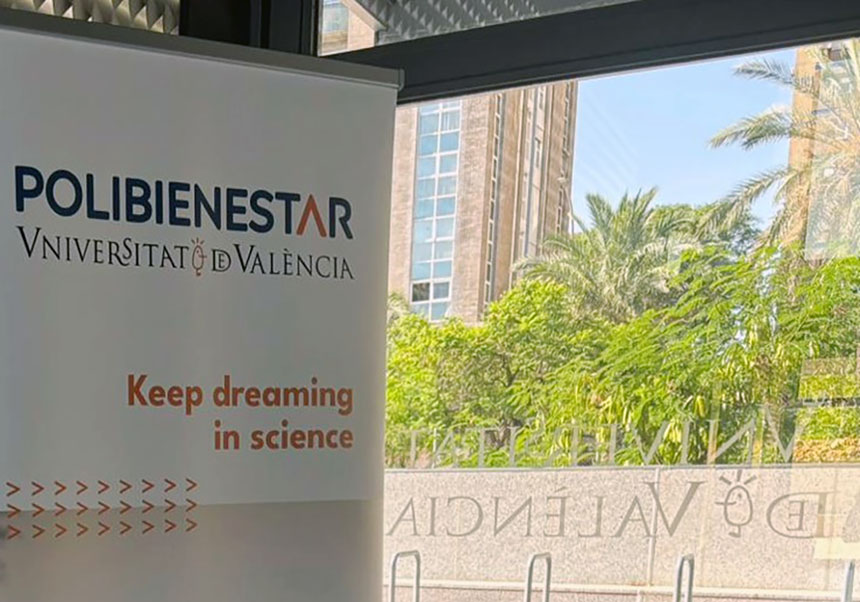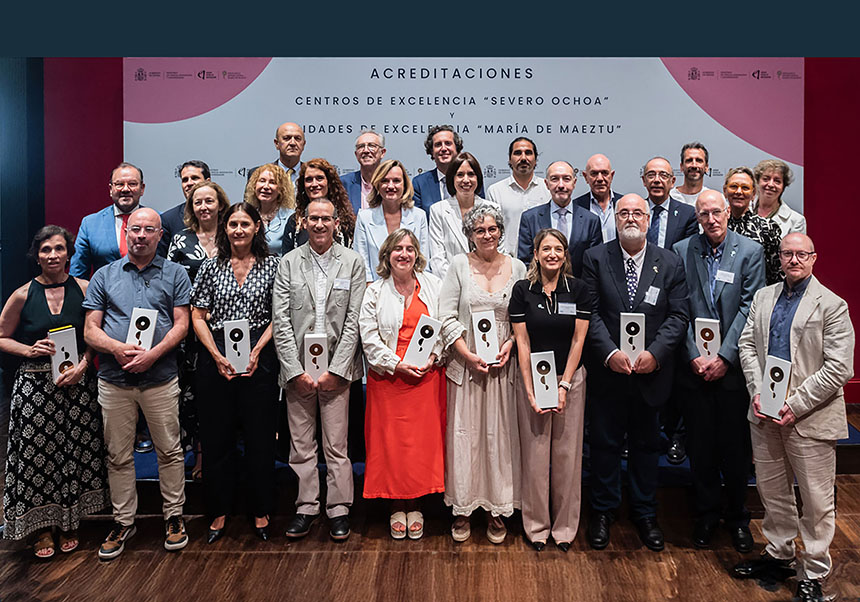The principal hosts in Cotec a macro research project developed by Lineex
- February 21st, 2017

The principal of the Universitat de València, Esteban Morcillo and the principal of the Carlos III University of Madrid, Juan Romo, host on Tuesday in the Cotec Foundation a great European research project which is being developed by the researchers of the Laboratory of Research in Experimental Economics of the Universitat de València (LINEEX) and which aims to build a simulator of human behaviour based on the study of behaviour patterns
The act, conducted by the head of Cotec, Jorge Barrero, will start at 10:30 in the headquarter of the foundation, located in Velázquez Street in Madrid.
The simulator project of the human behaviour called IBSEN [Bridging the gap: from Individual Behaviour to the Socio-tEchnical maN] is funded with more than 2.5 million of euros by the European Union with charge to the programme Horizonte 2020 of Future and Emerging Technologies (FET). The professor of the Universitat de València and head of the LINEEX, Penélope Hernández and the professor of the Carlos III University of Madrid coordinator of the IBSEN, Anxo Sánchez, will host in the event of Cotec a presentation to explain this European macro research project and the innovation opportunities that are opened with the experimental study of the behaviour.
Many organisations of the public sector, financial institutions, insurance companies, health institutions, distribution companies, educational and technological institutions, human resources consulting firms as well as the media and marketing agencies have confirmed their attendance to the event.
Cotec is a foundation of entrepeneurial source whose aim is to promote development of Spain through the promotion of technological innovation both in business and in Spanish society, to raise the awareness of the society and the firms by the impact of technical changes and to facilitate the transference of information, knowledge and technology from the research sectors and from the university to the industry. This initiative, powered by the King Juan Carlos I, was set in 1990, adopting the character of foundation in 1992. Italia joined in 2002 and 2003, giving rise to Europe Cotec.
The Horizon 2020 FET programme aims to start and explore new fields of high risk interdisciplinary research, based on ground breaking ideas which are likely to turn into disruptive technologies in the medium and long term. The disruptive technologies are the innovations capable of shifting the dominant technologies despite having low benefits, as for example with valve radios and transistors, or fixed telephony and mobile.
IBSEN is being developed by a high level researcher consortium, composed by seven research group of four countries of the European Union. The node of the Universitat de València is led by the professor Penélope Hernández. director of LINEEX, pioneer centre in Spain which aims to study, understand, forecast and quantify people’s behaviour when interacting in economic and social contexts. For the project’s development, the professor Hernández explains that “the extensive experience acquired by LINEEX is crucial because it has work for organism such as the Institute of Prospective Technological Studies of the European Commission, important Spanish enterprises of the financial sector and of large consumption”.
The IBSEN team is composed by physicists, economists, biologists, social psychologists and computational scientists because Hernández adds “the project requires a high level of interdisciplinary due to we aim to build a human behaviour simulator, a technology that provides a bases for socioeconomics simulations which will radically change several fields, from robotics to economics, with technical and social impacts, including the formulation of policies addressing urgent social issues”.
Controlled experiments where more than a thousand agents participate (from consumers to investors, entrepeneurs, etc. ) are developed for the research and are being studied through what professor Hernández qualifies as “a new way to make social science geared towards the problems that arise in a society technologically very connected”.
The desire of the researchers, adds, is “to provide a huge progress in the building of repertories about the human behaviour through the development of an innovative configuration for major group of agents which provide an experimental protocol, the necessary software and the analytical tools that allow to study hundred of people at the same time”. For that purpose, concludes professor Hernández, “we apply our configuration to the specific questions of the actual research in economics, sociology, financial topics, etc., focusing on the phenomenology that may arise in large systems in comparison with the microeconomic systems and, likewise, the rules that manage the human behaviour are modelled in both micro cases and macroeconomics including the influence of the social context and the individual identity”.
+Info: https://lineex.es/es/cotecforum/
File in: Rectorat , Projectes Europeus , Recerca, innovació i transferència
















